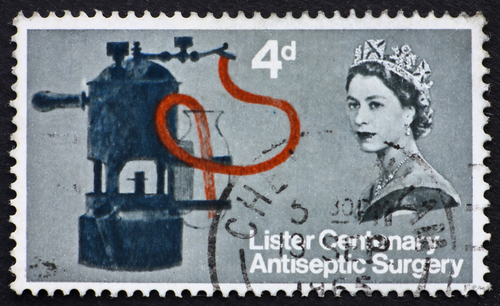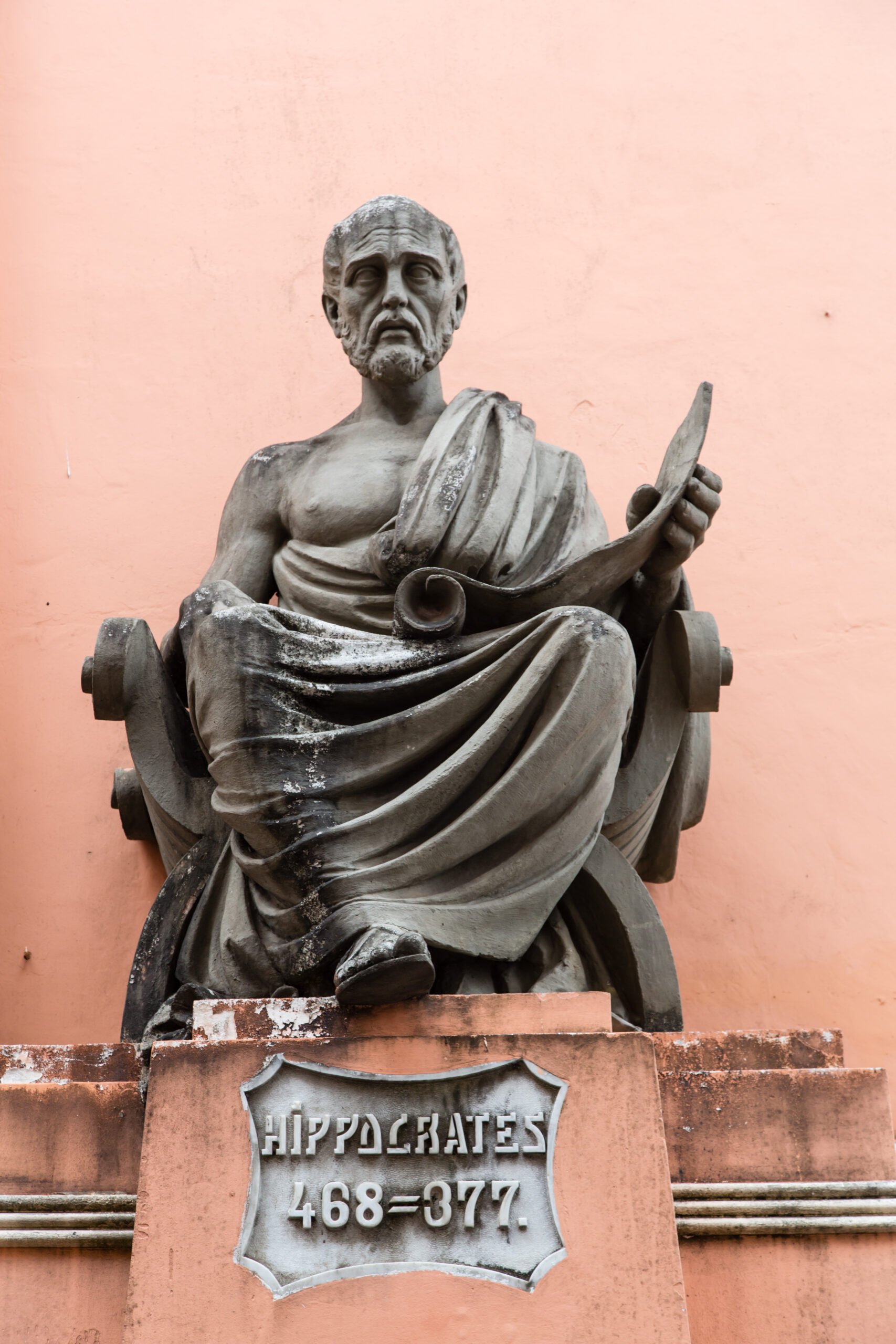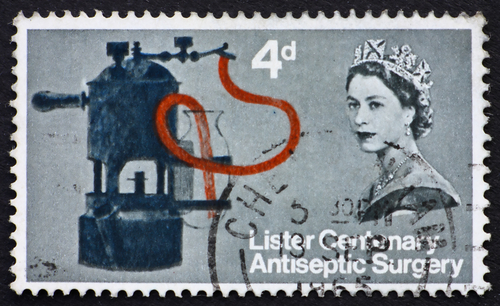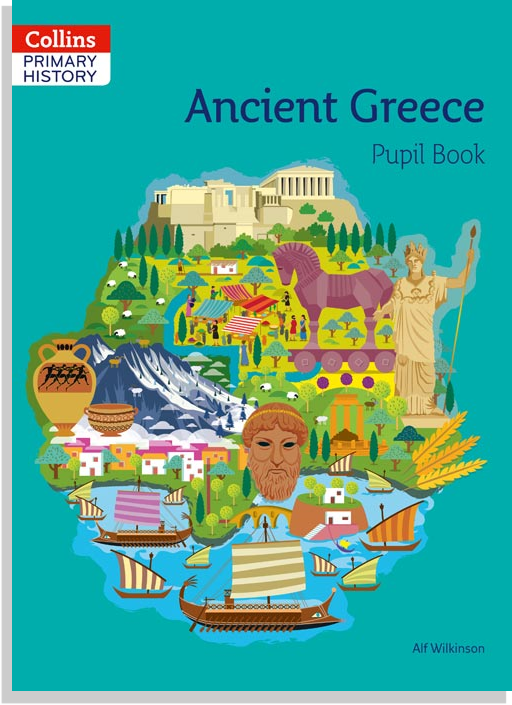Someone in my village recently went into hospital for a life-changing operation. She had a knee replacement and she can now drive and walk quite a way, which she couldn’t do before. Such operations are now routine and usually very safe – this is her second knee replacement! But has that always been the case?
Until 1948, when the National Health Service began, doctors were far too expensive for ordinary people. It was quite unusual for people to go to hospital, unless it was an emergency or they were wealthy. People depended on folk-remedies and long-used family recipes. This is part of our very recent history! When I was little my parents rubbed goose-fat on my chest whenever I caught a cold, and vinegar and brown paper really was used to reduce swellings and bumps!

During Victorian times, until James Simpson pioneered anaesthetics and Joseph Lister antiseptic surgery, operations were very dangerous indeed and many people died from shock, infection or blood loss. It is only during the 20th Century that antibiotics like penicillin have been developed to control infection and make surgery much safer.
In Medieval times, Arab doctors were the best in the world. People like Avi Senna wrote medical textbooks and set up hospitals that were kept scrupulously clean and airy, with plenty of water to which they believed kept the air pure. Hospitals contained lecture rooms, pharmacies and libraries, and new doctors were very carefully trained. Another Arab doctor called Rhazes, was the first in the world to accurately describe the symptoms of smallpox – an essential step towards establishing a cure.

Where did all this knowledge come from? Partly, it came from close observation of their patients, but also from translation of old texts from India, Egypt, Rome and Ancient Greece, where Hippocrates was regarded as the ‘Father of Medicine.’ He was born on the island of Kos in 460BC. His motto was ‘Do no harm to your patient.’ He looked at the body as a whole and tried to treat it. He believed doctors should always be smart, well-dressed, and behave in a polite manner, and that rest and recuperation were most important in recovering from illness. He wrote over 60 books, many of which continued to be used in Europe in Medieval times. New doctors around the world today still take a version of the Hippocratic Oath as they start out on their careers.
Ancient Egypt was renowned for its medicine – its doctors were in great demand around the whole Mediterranean area. Rulers of other countries would send to Egypt for a physician. Much of Egyptian doctors’ knowledge of the human body came from the mummification process, which helped them to understand – not entirely accurately – how the body worked.
Even further back in history, there is evidence of successful surgery from Stone Age times when a patient might have a hole drilled in his skull (trepanning) to relieve pressure or perhaps release evil spirits. There is lots of evidence of fractures being set and healed. Surprising as it seems, some of these patients recovered!
In conclusion, successful medicine is not just a modern phenomenon. It has been around, with various degrees of success, probably as long as there have been humans on earth. It is just that we are perhaps better now than ever before.




